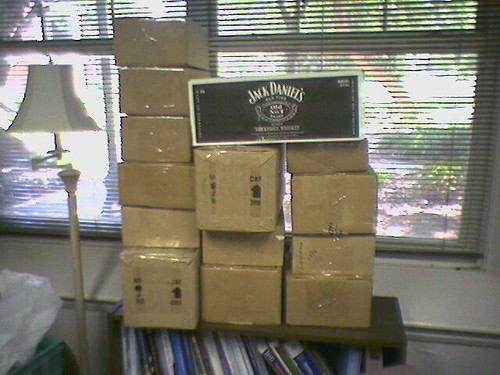There’s much discussion about a recent report sponsored by the NSF and APSA on the status of women in political science.
While I hate to be snarky (indeed, I largely concur that there is a problem with attracting women to the discipline and placing them in tenure-stream jobs—then again, there’s a problem with placing people in general in tenure-stream jobs, q.v.), the report has a rather odd mix of good social science and bizarre PC-ism, probably because it was written by committee. Case in point: this rather odd paragraph:
The atmosphere and working style of our profession can be changed for the better by work on women’s advancement. This would be no small achievement. For one thing, a truly democratic workplace could erase a damaging contradiction in our discipline, whose teaching of democratic principles has often failed in execution within our ranks. True, the worst years of exclusion and a chilly climate toward women in the profession are past—but that is partly because a critical mass of women colleagues is now in place; it must be maintained.
A “truly democratic workplace”? One would think that political scientists, of all people, would know what the word “democratic” means—the phrase I think they’re looking for is “diverse (but for only some values of ‘diverse’—all conservatives, please proceed immediately to the Econ Department or Heritage) workplace” or “descriptively representative workplace.” Or “workplace where bleeding heart liberals can be without feeling like hypocrites since they’re all white males who’ve run off all the minorities and women.” Not to put too fine a point on it.
Of course, the conclusion that the discipline sucks for all concerned, although women and minorities get the pointy end of the suckiness a bit more often, would be rather too obvious, but the report makes that conclusion nonetheless:
Men as well as women and minorities will not achieve their highest potential in an institutional culture lacking adequate support, mentoring, and recognition of the “whole life” demands its members confront.
Again, where is KGM in our time of need?
![Welcome to Signifying Nothing [Signifying Nothing]](/local/memlogo-1.png)


